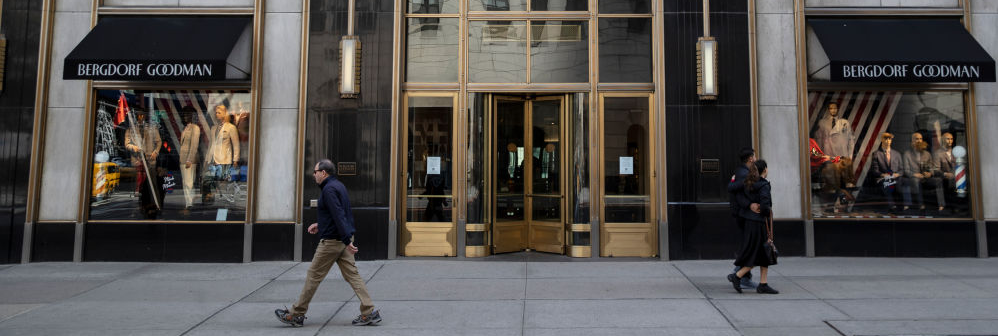Most Americans don’t yet have a personal link to someone with COVID-19, but their lives have been affected by the illness. For half of those polled in the latest Economist/YouGov Poll, there is less to do because of canceled events and travel plans and cutbacks on going out to restaurants and bars. For the most part, Americans accept regulations and approve of most of the actions taken. As the virus has infected more and more Americans, concern about personal infection has risen.
For the first time since the beginning of February, in an Economist/YouGov Poll conducted just after the first person-to-person coronavirus transmission in the United State was confirmed, a majority of Americans are at least somewhat worried about personally contracting the virus.
Concern is spread throughout the country. It is more common among Democrats than Republicans, but it has been rising in both groups. This week, 42 percent of Republicans are at least somewhat worried. That was the level of concern among Democrats at the beginning of February, and their concern has risen dramatically. Now 71% of Democrats are at least somewhat worried they will personally experience the virus.
Most adults, whatever their party, recognize the potential of a national epidemic. Nearly four in five are at least somewhat concerned about a national epidemic emerging from the coronavirus spread, including 71% of Republicans. The concern has risen 12 points in the last week.
But there is less concern about what will happen in respondents’ local communities. Overall, far fewer are concerned about an epidemic happening where they live.
The partisan differences are more dramatic when it comes to expectations about what will happen in people’s own communities than on the question about the likelihood of a national emergency.
A significant percentage of Americans view the coronavirus situation as even worse than it is being presented. Just under half the public (48%) thinks the United States likely is concealing the scale of coronavirus-related deaths in the country.
That may help explain why most Americans support every action that governments have taken to try and stop the coronavirus’ spread. There is little opposition to the coronavirus relief bill passed by the House of Representatives (yet to be approved by the Senate as of press time). By more than four to one, Americans approve of that bill. Specific components of the bill (free testing, emergency paid sick leave, family and medical leave, and Medicaid expansion to help states cope) get at least 80 percent approval.
Essentially, Americans favor the multiple steps that have been taken by governments at all levels: 77 percent support the European travel ban, and most don’t believe state and local governments or other organizations have overreacted when they have done things like cancel St. Patrick’s Day events, close schools, require self-quarantine, close bars and restaurants, and cancel major sports events.
Americans give better grades to their state and local governments than to the federal government when it comes to handling the virus. More than half believe state and local government have done an excellent or good job; more than half rate the federal government management as fair or poor.









